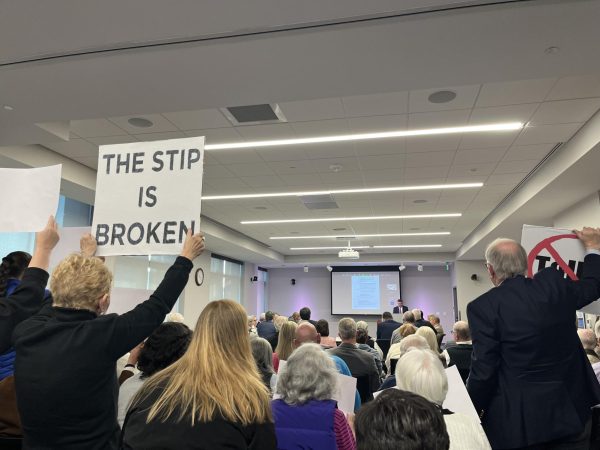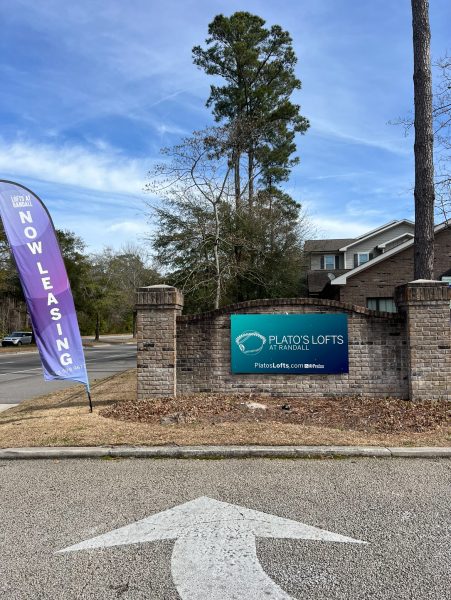Health Care Reform and Students
April 6, 2010
President Obama signed the health care bill into law March 23 forcing an overhaul of the nation’s $2.5 trillion health care system. Angela Douglas, a professor of political science at UNCW, notes the immediate and the delayed advantages of the health care reform.
“People with pre-existing conditions will have a greater opportunity to have coverage. Children with pre-existing conditions and a provisional pool of high-risk individuals will receive this benefit this year,” Douglas said. “Others will have to wait for such protection. However, it is particularly important for our students who are likely to change jobs several times in the next few years and may be denied coverage from one employer-sponsored program to the next due to a pre-existing condition.”
In the new reform, college- and university-based student health insurance plans are given special permission to continue to exist. Also, students whose campuses don’t offer health plans or campuses that choose not to buy them will be able to stay on their parents’ insurance plans up to age 26.
For graduates who may be unemployed or unable to get insurance coverage of their own, the reformed health care is likely to provide major advantages.
In the past, young adults had to worry about their own coverage options as they sought to start their careers, often taking jobs they didn’t want, having to pay high premiums or opting to go uninsured. With the new health care plan, if their parents are insured, they can continue to stay insured through their parents.
One downside to this reform is the long-term health care costs. Although the bill features built-in savings, these savings will not take effect immediately, but will show over time.
UNCW student Banks Summers hopes politicians can hold true their promises.
“Reducing the cost of health care is a big promise. Hopefully politicians will stick to their word and back up this reform with their actions,” Summers said.




















